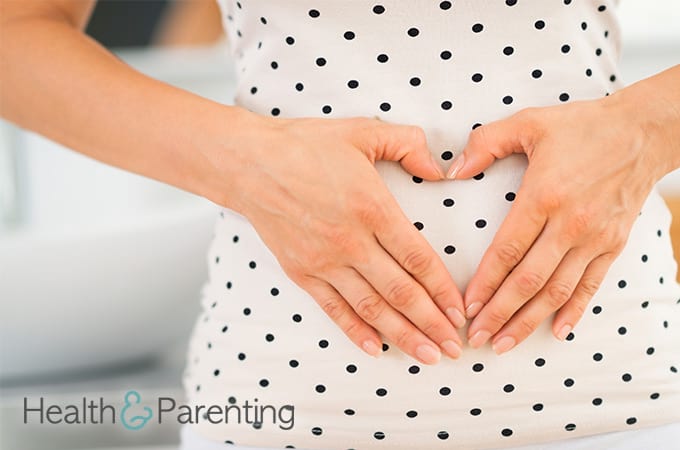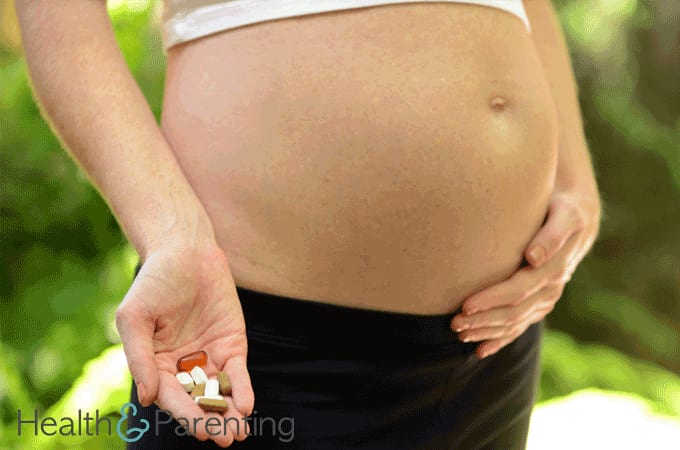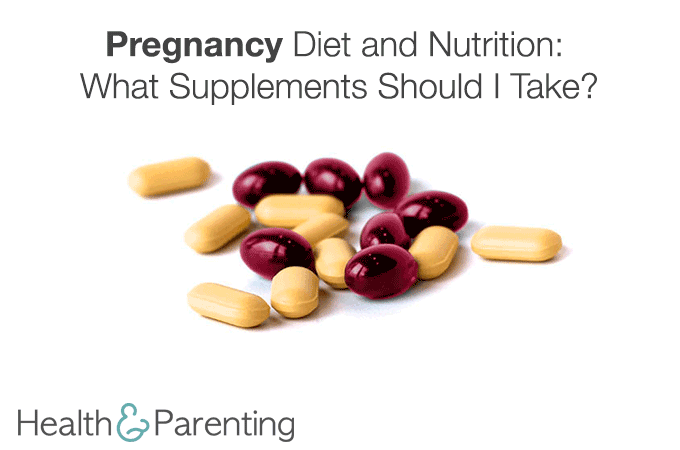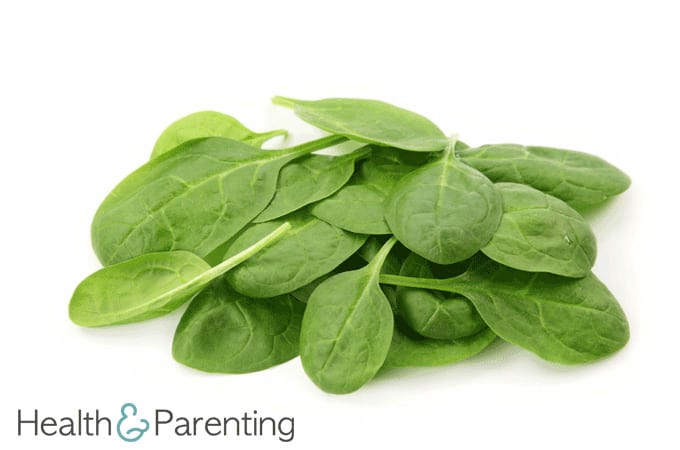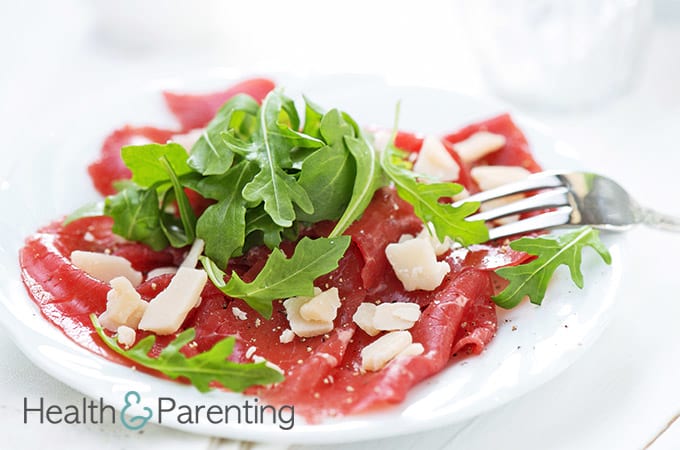According to health experts, there are foods that pregnant woman should avoid because of the chances that they could harm the unborn baby. Consider these 5 foods to avoid during pregnancy, and reasons why health experts suggest abstaining from them:
1. Raw meat. If you love your steak rare, pregnancy is not the time to eat it that way. Raw meats can carry bacteria such as salmonella and toxoplasmosis that can be harmful to you and your unborn baby. Take care to make sure that any seafood and poultry you eat is cooked well done to ensure any bacteria is cooked away.
2. Deli meats. Deli meats have long been linked with listeria. Listeria passes through the placenta to the baby and is linked to miscarriage.
3. Fish and mercury. There is a lot of confusion when it comes to the advice to avoid fish during pregnancy. The reason it is important to avoid certain types of fish is because of high mercury levels. In particular, fish to avoid include shark, swordfish, tilefish and mackerel. Fish, however, are a great source of healthful fatty acids. So, adding certain fish in moderation to your diet is recommended.
4. Raw eggs. Any food product that contains raw eggs, or eggs that are undercooked, should be approached with caution. Health authorities in the UK have changed guidelines so that certain eggs are safe for pregnant moms, but this recommendation isn’t yet global. Use caution with products that contain raw eggs in the ingredient list, such as ice cream and salad dressings. Additionally, avoid ALL dairy products that are unpasteurized.
5. Unpasteurized soft cheeses. Brie, Camembert, Roquefort, Feta, Gorgonzola and Mexican style cheeses that include Queso Blanco and Queso fresco, unless they clearly state that they are made from pasteurized milk. All soft non-imported cheeses made with pasteurized milk are safe to eat.
During pregnancy, it is very important to make sure that you keep cooking surfaces and areas clean to avoid cross contamination. If you can wear gloves while handling raw meats and raw foods, plan to do so. The bacteria associated with foods can be very harmful to your baby and has been linked to miscarriage.
Written By Stef, Mom of 4 @Momspirational
This information is not intended to replace the advice of a trained medical doctor. Health & Parenting Ltd disclaims any liability for the decisions you make based on this information, which is provided to you on a general information basis only and not as a substitute for personalized medical advice. All contents copyright © Health & Parenting Ltd 2018. All rights reserved.


